
By Konrad Kodjo DJAISI
Small-scale artisanal mining (ASM), popularly called galamsey, has gained increased attention because of its detrimental impacts on human security generally.
ASM, both legal and illegal, is not a recent phenomenon, but has become attractive and lucrative to many persons in the country, including youth, business people and foreigners. The sector is bedevilled with organised criminality, corruption, physical harm and other illicit activities.
Studies have pointed to the increasing linkages between illegal mining and transnational criminal networks which facilitates illicit financial flows, acquisition of sophisticated weapons, excavators, industrial equipment, encrypted communication systems and possible support for terrorism.
It s against this backdrop that the Kofi Annan International Peacekeeping Centre (KAIPTC) held a dialogue on October, 23, titled ‘Reflections on Security Series’ Seminar-Themed ‘Galamsey as an Existential Threat to Ghana: A call for Reflection and Action’ to provide a platform for critical debate.
It is expected that the discussions will contribute to a deeper understanding of the underlying issues that confront the country’s efforts at curbing galamsey.
In his welcome remarks, the Commandant of KAIPTC, Air Cdre. David Anetey Akrong said illegal mining has degraded vast stretches of forests, polluted rivers, and destroyed arable lands thereby undermining water security, sustainable agricultural production, public health, social stability and economic development.
He added that the contamination of major water bodies such as the Pra, Ankobra, Birim and Offin with poisonous chemicals such as mercury, cyanide and arsenic has placed entire communities at risk, while the siltation of reservoirs is jeopardizing access to potable water for several communities in the country.
“Galamsey has unleashed a silent public health crisis across many parts of the country”.
The harm it causes extends far beyond the environment – it affects the air we breathe, the water we drink, the food we eat and the well-being of our communities. According to health experts, illegal mining has contributed to the spread of waterborne and vector-borne diseases, kidney diseases, respiratory conditions and birth defects.
This seminar therefore offers an opportunity for sober reflection, while recommending pragmatic steps for strengthening of on-going actions, the KAIPTC Commandant said.
“As a Centre of Excellence for research, education, advocacy and training, this session of the ‘reflections on security series’ provides space for cross-sectoral discussions – bringing together policymakers, researchers, journalists, community leaders, and civil society groups to bridge the gap between evidence and action”.
The post KAIPTC holds seminar on galamsey as an existential threat appeared first on The Business & Financial Times.
Read Full Story

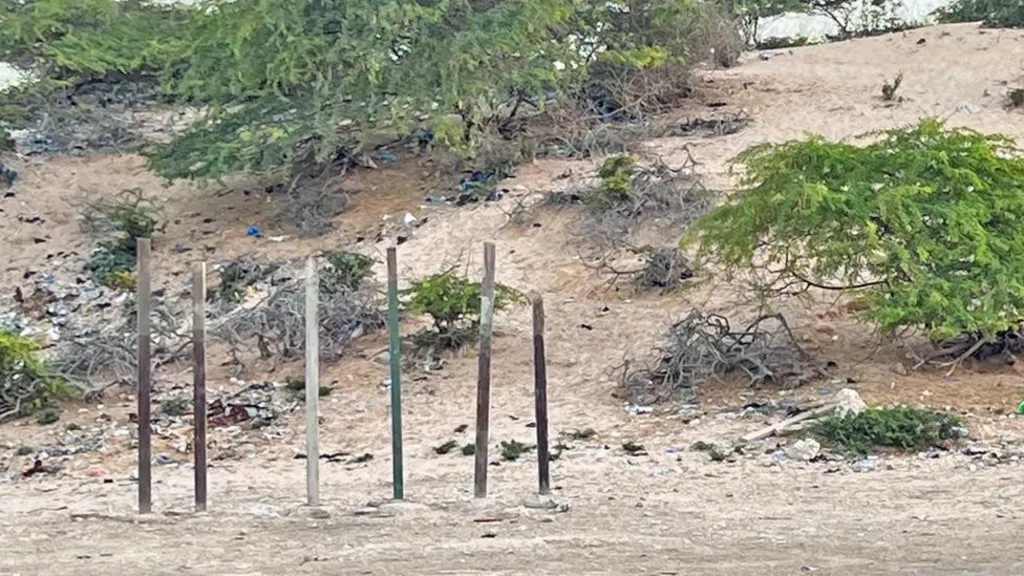
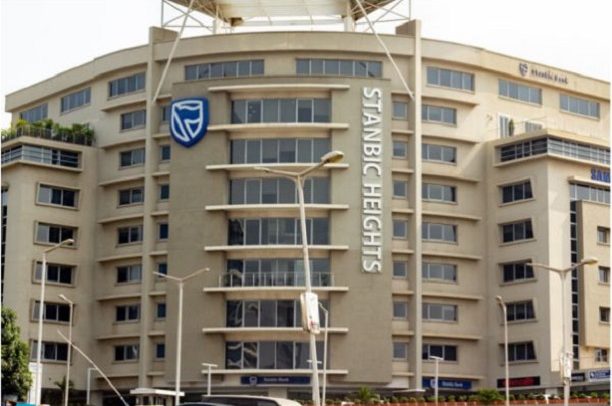
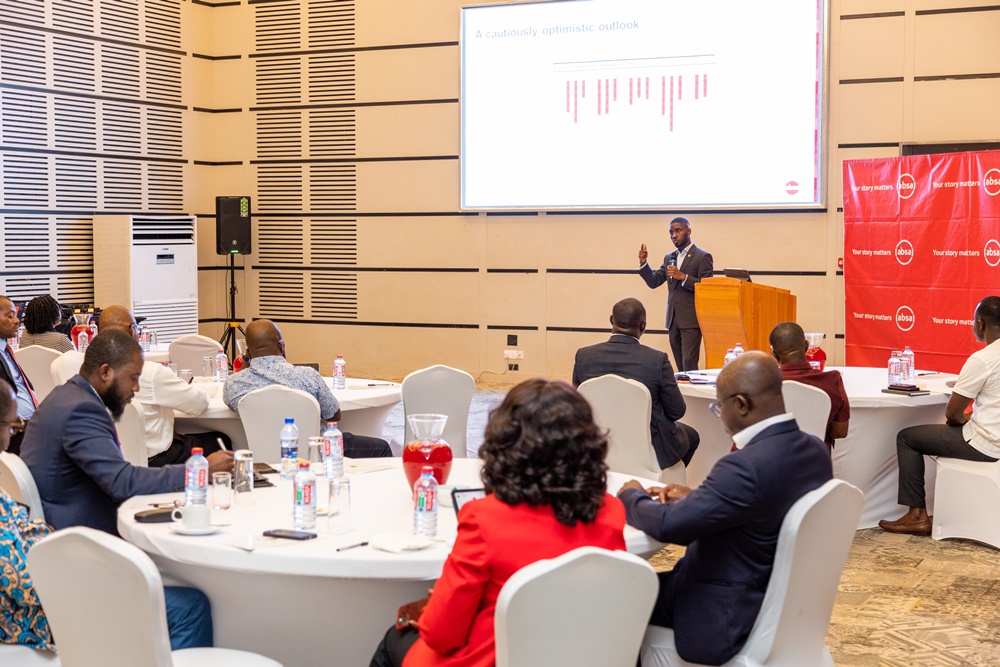





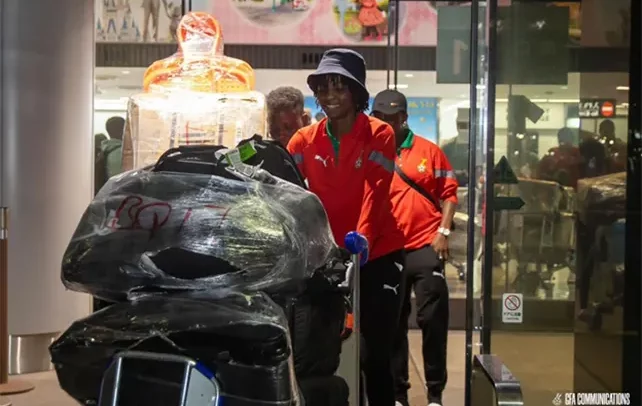




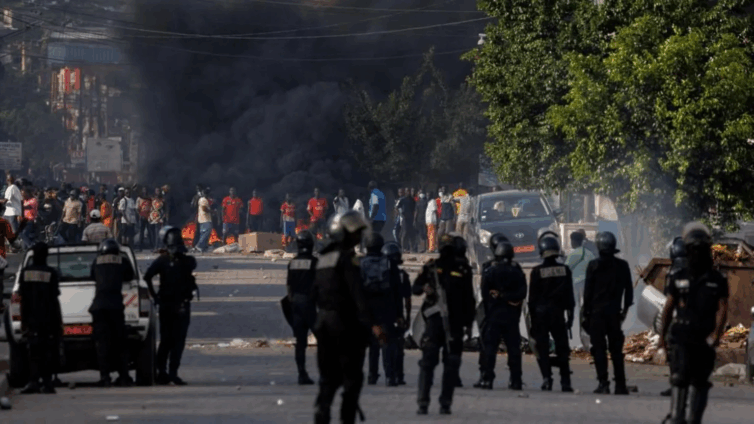
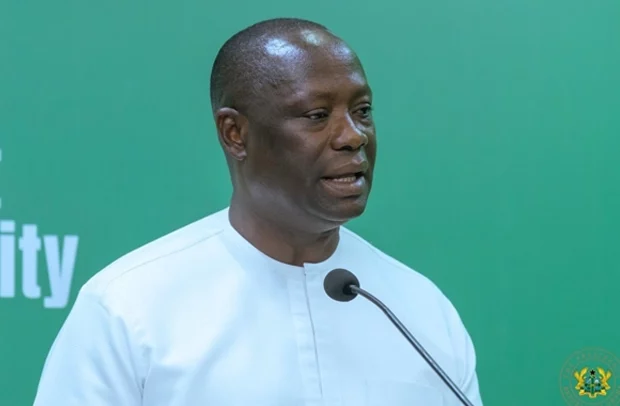



Facebook
Twitter
Pinterest
Instagram
Google+
YouTube
LinkedIn
RSS